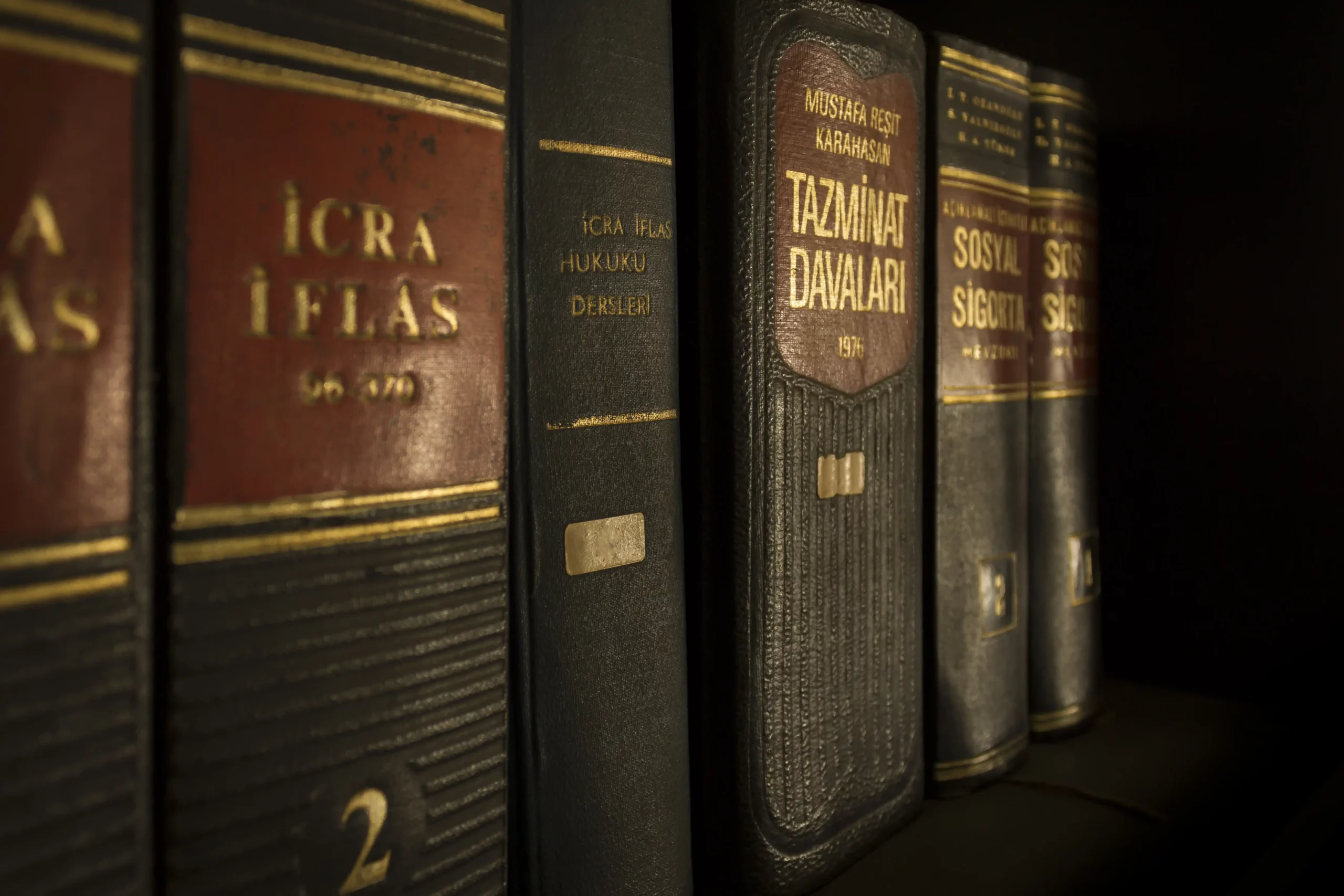
ARTICLES & UPDATES
KEEP IN TOUCH
Criminal law
At Abdul Razzaq and partners law firm, we do our best to represent our clients’ whether they are the victim or the accused, and present all the facts to the judicial system to ensure that justice takes its course.
Our Expert lawyers have successfully defended our clients against criminal and misdemeanor allegations and were victorious in revealing the truth using facts and their knowledge of the law.
The Kuwaiti Penal Code, promulgated by Act No. 16 (1960), and the Code of Criminal Procedure, promulgated by Act No. 17 (1960), provides the general legislative basis of crime and punishment. They contain guarantees of the fairness of any criminal proceeding brought against a person and ensure full codification of crimes committed against persons or property, regardless of the sex of the perpetrator or victim, thereby ensuring general deterrence and specific deterrence for everyone. The Kuwaiti Penal Code criminalizes all instances of violence and assault against women (including domestic violence, indecent assault, and rape). Age and relationship to the victim are considered aggravating circumstances when sentencing. This may be clarified as follows.
1. Prohibition of domestic violence: under articles 160, 161, 162, and 164 of the Penal Code, the State of Kuwait criminalizes acts of violence committed against persons. These stipulations apply to all persons, without distinction between male and female.
Article 166 of the Kuwaiti Constitution stipulates, “The right to litigation is guaranteed to all. The law shall determine the procedures and conditions necessary for the exercise of that right.” In the event of an assault, victims may thus have recourse to the judiciary by filing charges with the competent authorities. It can be said that a woman’s right in this respect is equal to that of a man;
Kuwaiti Penal Code No. 16/1960, the same as the Criminal Code General provisions (1-95)
Article 1
The act is not a crime and may not be punished except on the basis of a provision of law.
Article 2
The offenses in this act are two types: felonies and misdemeanors.
Applicability of the law in terms of location and ratione temporis
Article 3
Crimes are offenses punishable by death, life imprisonment, imprisonment for more than three years, and a fine of up to 3,000 rupees or one of these penalties.
Article 4
Criminal proceedings in felonies fall ten years from the day of the felony.
The sentence, if it is one of the penalties mentioned in the preceding article, shall lapse 20 years from the time of the final decision, except the death penalty, which shall lapse 30 years.
Article 5
Misdemeanors are offenses punishable by imprisonment for a term not exceeding three years and a fine or by one of these penalties.
Article 6
The criminal case is dropped to misdemeanors five years after the day of the crime.
The sentence, if it is one of the penalties mentioned in the preceding article, shall lapse ten years from the time the sentence is finally established.
Article 7
The duration of the criminal proceedings shall not cease for any reason.
Article 8
The duration of the criminal proceedings is interrupted by the indictment, investigation, trial, or investigation of the accused or by formal notice. In no case may the duration be prolonged because of the interruption of more than half of them.
Article 9
If there are multiple defendants, the interruption of the period in which a criminal action is dropped for one of them will result in a disruption to the remainder, even if no conclusive proceedings have been taken against them for the duration.
Article 10
The duration of the penalty shall be suspended by any impediment to the commencement of execution, whether legal or material.
This period of imprisonment shall be interrupted by the arrest of the sentenced person and the penalty for any enforcement action taken in the face of the sentenced person or to his knowledge.
Article 11
The provisions of this law shall apply to any person who commits a crime in the territory of Kuwait and its dependencies.
It applies to any person who commits an act outside the territory of Kuwait that makes him an original or accomplice of an offense, all or part of which occurred in the territory of Kuwait.
Article 12
The provisions of this law shall also apply to any person of Kuwaiti nationality who commits outside Kuwait a punishable act in accordance with the provisions of this law and in accordance with the law applicable in the place where the act was committed if returned to Kuwait without the foreign courts have acquitted him.
Article 13
In all cases, criminal proceedings are not instituted against an offender abroad if the foreign courts are found to have sentenced him definitively, and his sentence has been fulfilled.

